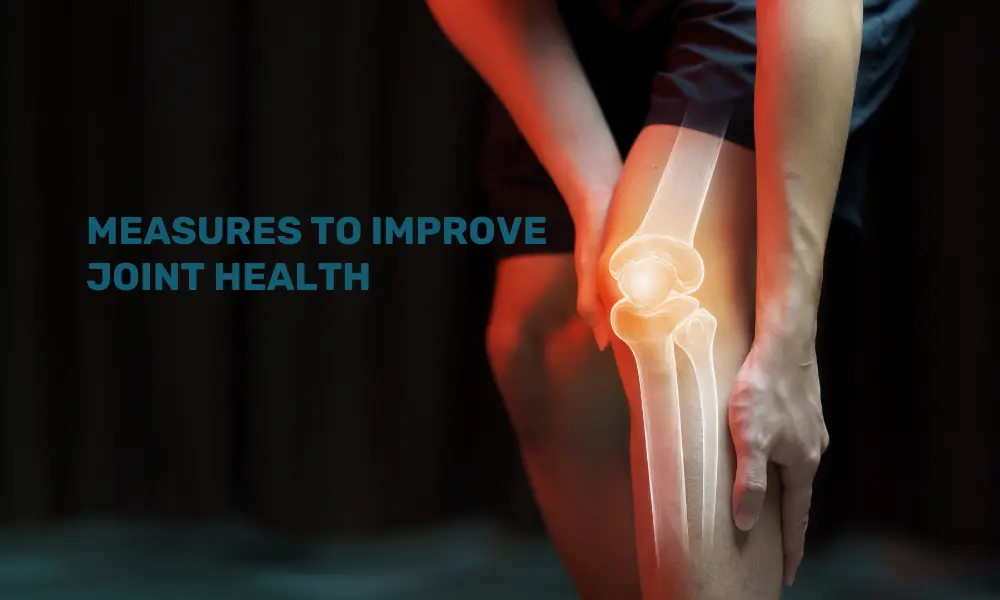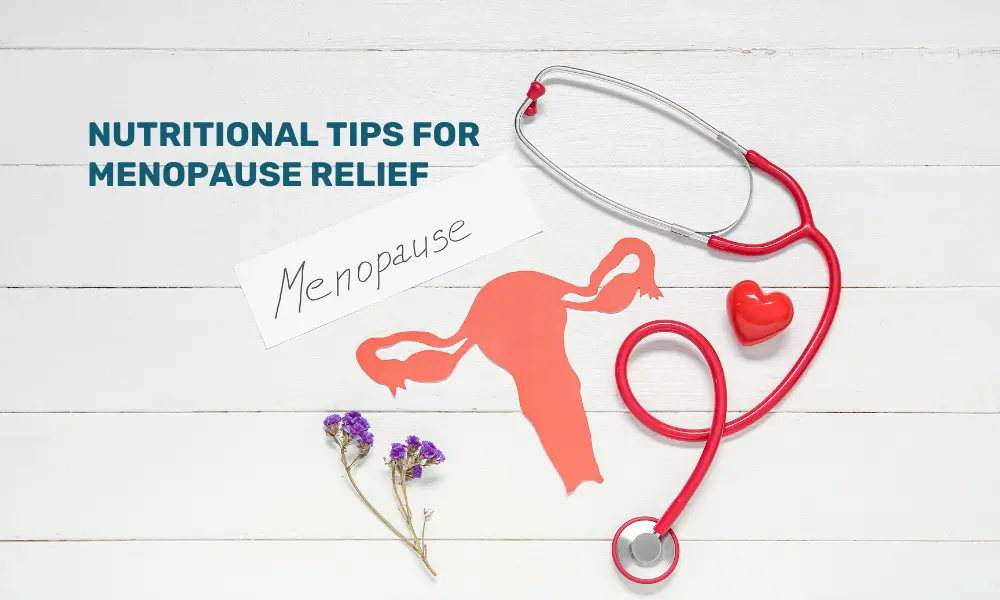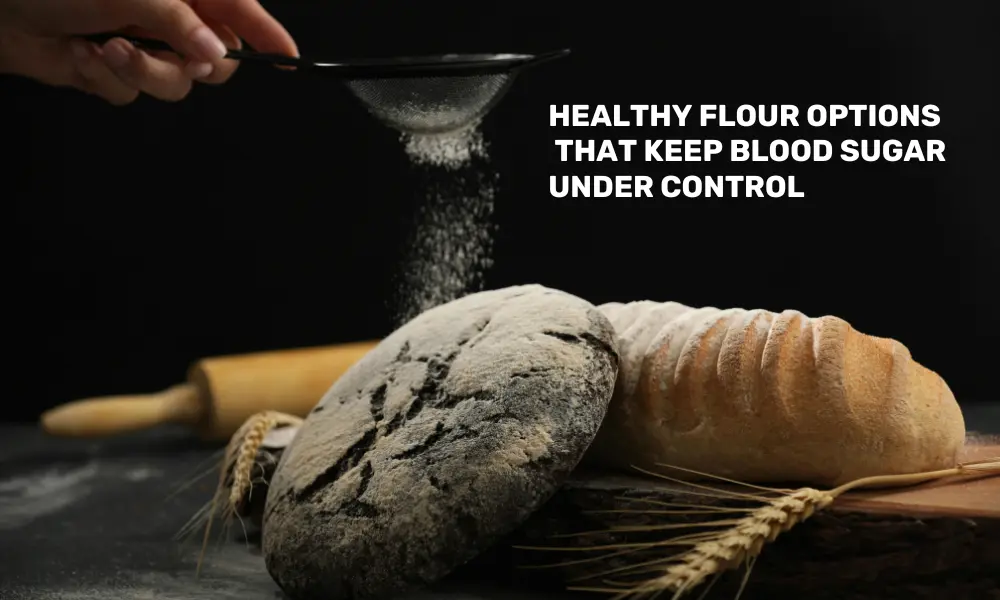Joint pain has become a common ailment experienced by many in their daily life. Joint pain can arise due to certain health conditions like arthritis, which is marked by joint pain and inflammation, and can limit joint movement and thereby impact one’s quality of life. Timely detection and the right treatment can help slow the progression of arthritis. While there is no sure way of arthritis prevention, here are a few things you can do to improve joint health and perhaps lower your risk.
Causes of joint pain include:
-
Breakdown of cartilage in the joints may cause joint pains
-
Rheumatoid Arthritis which is an autoimmune disease. In this condition, our immune system mistakenly attacks the joints, causing inflammation and pain.
-
Sprains and Strains due to overstretching of ligaments or tendons around the joint, leading to pain and swelling
-
Fractures and broken bones near a joint can cause pain and inflammation.
-
Repeated stress or strain on a joint can lead to inflammation and pain, especially with activities involving repetitive motions.
-
Inflammation of the joints due to a viral infection can cause joint pain as part of the infectious process.
-
Inflammation of tendons around the joints, may cause pain and stiffness
-
Excess weight is also a cause of joint pain, as extra kilos puts extra stress on joints, increasing the joint pain
-
Deficiency of Vitamin D
Measures to Improve Joint Health
-
Balanced diet: A diet high in anti-inflammatory foods can support joint health. Consume more fruits, vegetables, whole grains, lean meats, and good fats like omega-3 fatty acids, which are present in nuts and fish. Antioxidant-rich foods like leafy greens and berries may also lessen inflammation.
-
Stay hydrated: Water makes up a large portion of joint cartilage necessary to preserve its lubrication and suppleness. Water consumption keeps joints moisturized and in good working condition.
-
Avoid joint overuse and injury: Over time, joint injury might result from overexertion or repetitive actions. Include days off from training in your regimen and pay attention to your body to prevent pushing through discomfort. When engaging in high-impact activities or sports, wear protective gear.
-
Protect your joints: Make safety precautions a part of your everyday routine. To lessen joint tension, lift big objects using the right techniques and wear supportive shoes. Maintaining joint health can also be aided by ergonomic equipment and adjustments at work or home.
-
Stay active: Regular exercise improves general joint function, increases flexibility, and strengthens the muscles around the joints. Some of the low-impact activities that reduce joint tension and increase mobility include swimming, walking, and cycling.
-
Avoid smoking: Smoking has been associated with a higher chance of developing rheumatoid arthritis and increased inflammation. By lowering the body’s inflammatory response and promoting improved joint health, quitting smoking can enhance general health.
-
Maintain a healthy weight: Excess body weight increases the strain on weight-bearing joints, especially the knees and hips. Osteoarthritis risk can be decreased by reducing this strain and maintaining a healthy weight through regular exercise and a balanced diet.
-
Regular check-ups: Early detection of joint issues might be aided by routine medical examinations. Talk about preventive measures with your healthcare professional if arthritis runs in your family.
Joint pain can be painful and restrict our movement. It is necessary to identify the cause and take preventive measures before joint pain worsens.
FAQ on Joint Pain
What is the best way to relieve joint pain?
Joint pain treatment may include:
-
Applying heating pad or ice pack onto the affected area for short periods, several times a day.
-
Soaking in a warm bathtub may also offer relief. Exercise: Exercise can help get back strength and function.
What are the major causes of joint pain?
Causes of joint pain include:
-
Rheumatoid Arthritis
-
Osteoarthritis
-
Ankylosing spondylitis.
-
Sprains, Strains and fractures
-
Bone cancer.
-
Bursitis and Tendinitis
-
Complex regional pain syndrome
What deficiency causes joint pain?
A significant deficiency contributing to joint pain is a lack of Vitamin D. This vitamin has an important role in bone health, and its deficiency can weaken the bones, making them more susceptible to pain and injury.
Disclaimer: This article is meant for informational purposes only and must not be considered a substitute for professional advice.





